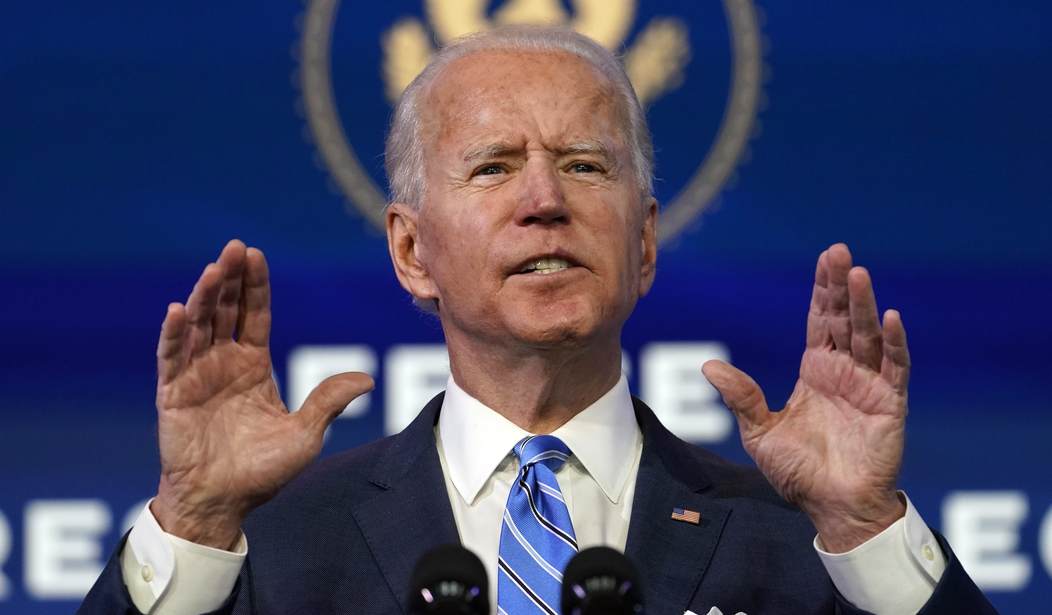President-elect Joe Biden has called for congressional action to forgive student loan debt. As a nation, we should continue to invest in higher education, which has, historically, been critical to the American dream. But his proposal is not the right approach.
The average undergraduate takes out an estimated $7,000 per year in debt, across five years of college. It will take them 21 years to pay back those loans with an average monthly payment just under $200. That same college graduate earns $1 million dollars more, on average, than they would have without a degree. For most college graduates, servicing their loans isn’t the hardship the national narrative would suggest.
But that’s the middle of the bell curve, which is uneventful. What happens at the wings is where things get challenging.
Student loans in default today are held chiefly by people who owe less than $10,000 but who didn’t graduate. These former students don’t see the corresponding growth in their paychecks. This is where the system is failing.
Only six in 10 new students this year will graduate from their college within six years. Those who don’t graduate are made poorer for having attended. We are so busy promoting college access and convincing every American high school student that they need to attend college that we don’t even realize we missed the mark. It is not attending college that leads to better earnings – it is finishing. Finishing college removes much of the challenge in repaying student loans.
Forgiving student loan debt fails to address any of the underlying problems. We would be right back where we started in 15 years at the rate we are issuing new student loans today. It may actually get worse if students respond predictably by racking up even more debt hoping that it, too, may get forgiven someday. This would exacerbate both the amounts of debt and poor repayment rates in the long term.
Recommended
If a temporary reprieve is called for to reset the system, it must come with systemic improvements that will help us avoid digging this same hole in the future.
We should ask colleges to insure their student outcomes. By guaranteeing a graduate’s earnings in the five years following college we can encourage those students who do choose to attend to persist through to graduation with confidence. We also reduce the default rates on the debt taken out. Insurance is a risk-transfer tool that will help spread the risk of college “not working” for any individual graduate and raise the floor of outcomes for all students, thus restoring higher education to its place as the engine powering much of the American Dream.
Wade Eyerly is the CEO of Degree Insurance. He is a Pell grant recipient who took out his first student loan in 1996 to attend Central Missouri State and finally paid it off 22 years later.

























Join the conversation as a VIP Member